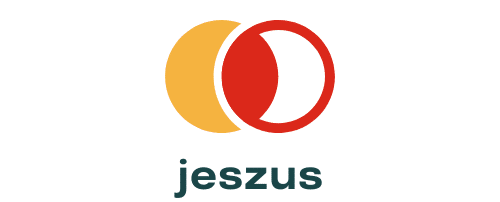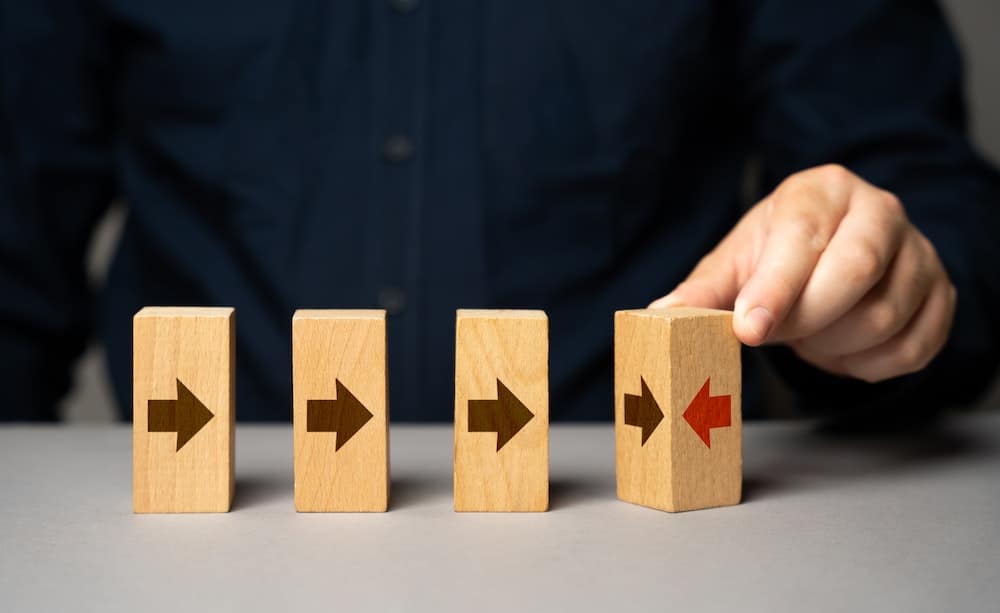In the digital age where technology continues to evolve at an unprecedented pace, the landscape of creativity is undergoing a significant transformation. One key area of this change lies in the intersection of artificial intelligence (AI) and the arts, particularly music and literature. AI is no longer confined to industrial applications or data analysis. It is now stepping into the creative realm, generating content that was once thought to be the exclusive domain of human ingenuity.
What happens when AI starts to create music and literature? Does it spell doom for human artists, or is it the dawn of a new era of creativity? How will it shape our cultural landscape and what are the societal implications we should be aware of?
A lire aussi : How can genetic research help preserve endangered species?
AI in the Music Industry
In the world of music, AI is not just a tech gimmick. It’s become a powerful tool capable of composing songs, creating unique soundscapes, and even performing in live concerts. But what does this mean for the music industry and society at large?
AI-generated music is produced by complex systems that analyze vast amounts of data from pre-existing music pieces. These systems recognize patterns, understand structures, and, to some extent, interpret emotions in music. With this knowledge, they can generate new music pieces, with or without human intervention.
Dans le meme genre : What are the best collar design materials?
However, the rise of AI in music creation raises questions about creativity, originality, and authorship. When a song is created by an AI, who owns the rights to the song? Is it the creator of the AI, or is it the AI itself? This has implications not only for the music industry but also for legal systems worldwide.
Another crucial societal implication is the potential job displacement for human musicians and composers. If AI systems can create music that appeals to the masses, will there still be a demand for human-created songs? This is a complex issue, as it treads the fine line between technological advancement and preserving human artistry.
AI and the World of Literature
The world of literature is also not immune to the influence of AI. From generating short stories to creating entire novels, AI is steadily making its mark in the literary world. Just like in the music industry, the use of AI in literature brings about a host of societal implications.
One of the main concerns is about the authenticity and originality of AI-generated literature. Can a machine, no matter how advanced, truly capture the human experience and complexity of emotions that are often central to great works of literature? Is there a risk of our literary landscape becoming homogenized if AI starts to significantly contribute to it?
Moreover, the use of AI in literature raises the issue of cultural representation. Literature is a powerful means of expressing and celebrating cultural diversity. If AI systems, which are primarily developed by technologically advanced countries, start to dominate the literature scene, it could potentially lead to a loss of cultural diversity in literature.
The Impact on Artists
Artists are potentially the group most affected by AI-generated music and literature. While technology can be a valuable tool for enhancing creativity, the advent of AI-created content poses unique challenges.
For one, artists may feel threatened by the influx of AI-generated content. With AI systems capable of creating content at a faster pace and lower cost, artists may feel pressure to compete, potentially leading to a decrease in the value and appreciation of human-created art.
On the other hand, some artists might see this as an opportunity to collaborate with AI, using it as a tool to foster their creative process. This could lead to the creation of novel art forms and styles, opening up new avenues for artistic expression.
Cultural Implications
The rise of AI-generated music and literature also has significant cultural implications. Culture is closely tied to human expression and creativity. It is shaped by our shared experiences, beliefs, and values, often expressed through art, music, and literature. With AI stepping into this realm, there is a risk of diminishing the human element in our cultural landscape.
On the other hand, AI could also contribute to the evolution of our culture. As AI systems learn and evolve, they could potentially generate content that reflects the changing societal norms and values, contributing to the ongoing development of our culture.
In conclusion, AI-generated music and literature present a complex blend of opportunities and challenges. As we continue to navigate this new frontier of creativity, it is crucial to consider the societal implications and strive for a balance that honors human creativity while harnessing the power of AI.
Deep Learning and AI in Music and Literature
Deep learning, a type of artificial intelligence, has been key to fueling the growth of AI in the music and literature sectors. These neural networks, modeled after the human brain, are capable of learning from large amounts of data, enabling them to generate content that is surprisingly human-like.
In the music industry, AI music generators like Daddy Car and Flow Machines have made significant strides. These systems analyze a vast array of music from different genres and periods, learning their unique structures and patterns. Utilizing this information, they can then generate music that is both novel and appealing. This has significant implications for music production, particularly in genres where certain stylistic elements are repetitive or formulaic, like pop music. Some have even compared AI-generated tracks to popular artists like Drake and The Weeknd.
However, as we have discussed earlier, the rise of AI in music and literature presents not only opportunities but also challenges. The ethical considerations surrounding copyright and authorship need to be addressed. Moreover, the potential for job displacement and the devaluation of human creativity cannot be ignored.
How Social Media is Influencing AI-Generated Content
Social media has played a pivotal role in the rise of AI-generated music and literature. Platforms like Instagram, TikTok, and YouTube provide a wealth of user-generated content that AI systems can learn from, further enhancing their ability to generate content that resonates with a modern audience.
Artificial intelligence systems can analyze trending topics, popular memes, and viral content on social media to understand current cultural perspectives and tastes. This data can then be used to generate music and literature that are in tune with these trends, significantly increasing their appeal to a broader audience.
However, the use of social media data in content creation is not without its ethical considerations. Issues of privacy and consent, particularly pertaining to the use of user-generated content for training AI systems, need to be addressed. Moreover, the potential for the amplification of harmful or divisive content through AI systems is a concern that needs to be taken into account.
Conclusion: Balancing AI and Human Creativity
As we delve deeper into the realm of AI-generated music and literature, it’s evident that the societal implications are multifaceted and complex. The advent of AI in these traditionally human domains brings with it a host of opportunities and challenges.
There’s no denying that AI has the potential to revolutionize the music and literature industries. It can generate content at a scale and speed that is impossible for humans, potentially leading to an explosion of new music and literature. However, as we move forward, it’s crucial to not lose sight of the value of human creativity. The unique human ability to express complex emotions and experiences through art, music, and literature should not be overshadowed by the rise of AI.
Moreover, it’s important to address the ethical and cultural implications of AI-generated content. We need to establish clear regulations around issues of copyright and authorship. We also need to ensure that the use of AI in content creation does not lead to cultural homogenization or the amplification of harmful content.
In the final analysis, the goal should not be to replace human artists with AI but to find ways in which AI can complement and enhance human creativity. As we continue to navigate this new frontier, we should strive for a balance that honors the irreplaceable role human creativity plays in our society while harnessing the power of AI.











